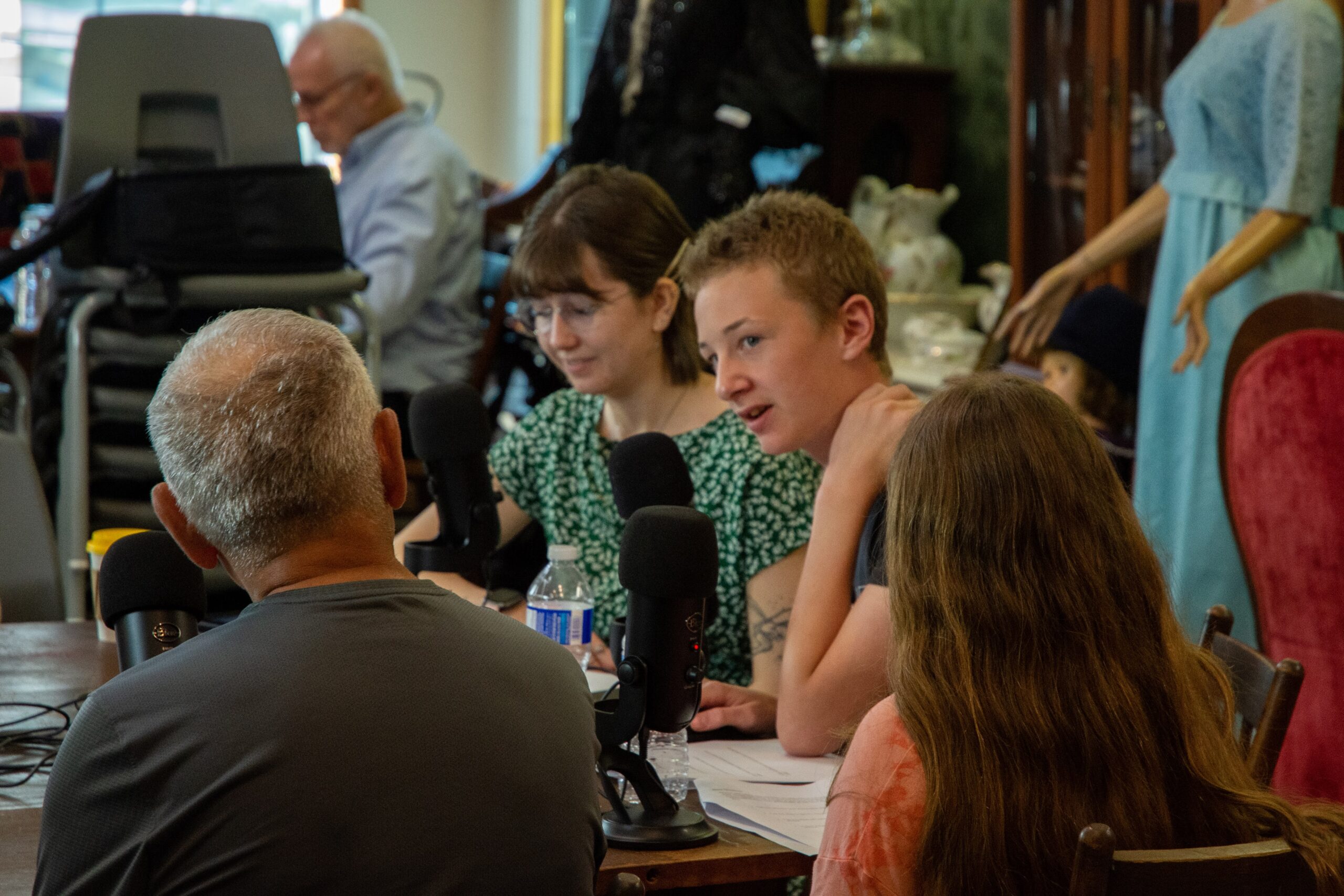
What
We Do
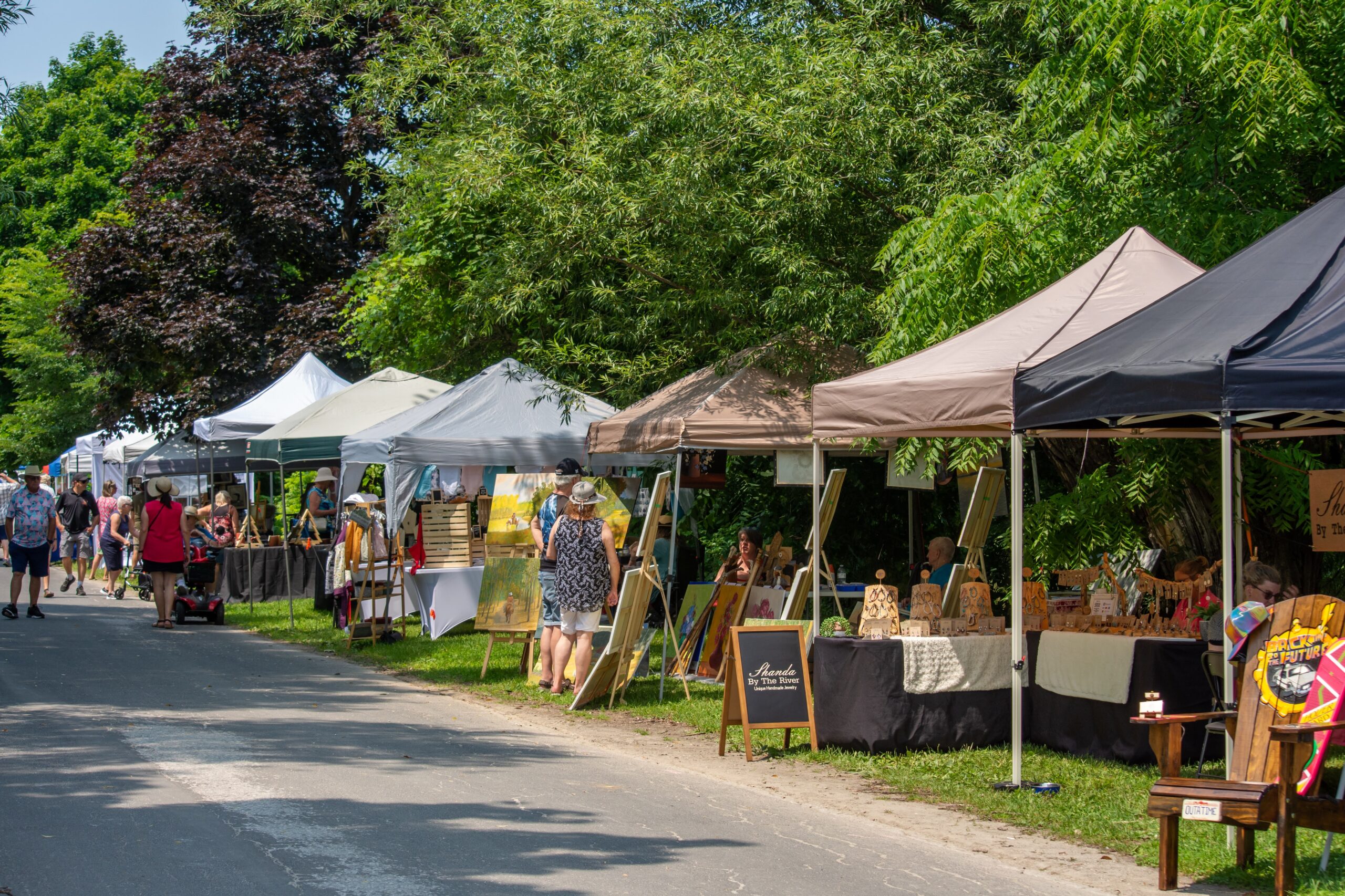
Trinity has worked in schools and communities across Canada since 1982, developing programs for youth and educators in schools, pioneering new leadership practices – Peer Leadership – more attuned to Canada’s diverse society, and creating intergenerational community theatre events to forward diversity, equity, and inclusion in our neighbourhoods.
Trinity’s remarkable peer leadership stands apart from other leadership models. We believe the development of self-awareness and sensitivity to others are primary tools in a person’s growth, as well as the need to balance this self-development with academic/work achievement and participation in community.
Our school programs aim to give students and teacher/administrators the tools to develop safer, more productive learning communities by empowering individuals to take on leadership roles in the social/emotional development of themselves and their particular peer group and relate this development to their academic and skills achievement as well as contributing to the growth of a caring and supportive school community.
Our school programs are collected in Creating Communities We Want (CCWW), a series of theatre and art-based programs that enhance the younger* students’ personal growth while strengthening the school community as a whole.
Peer to Peer (Part 1: CCWW)
A team of senior students is trained as Peer Leaders to mentor younger students throughout their first crucial year of high school. They lead a series of monthly workshops using theatre-based activities and talking circles that focus on personal growth and address social issues. Peer Leaders acquire communication, collaboration and leadership skills while contributing directly to the development of the social/emotional competence and resilience of their younger peers, and gain an experiential knowledge of Peer Leadership.
Applied Civics (Part 2: CCWW)
Peer Leaders offer workshops in social and asset mapping of their local neighbourhood and lead walking tours to increase the younger students’ experiential learning of community. Participants are encouraged to identify volunteer opportunities they can pursue as well as identifying any gaps in services they may address. The peer-led program serves as a curriculum-based addition to Civics and Careers, Geography, History, and Leadership and Peer Support courses.
Handling Conflict (Part 3: CCWW)
A small team of Peer Leaders is trained to work in pairs to settle conflict disputes in the school using formal and informal transformative mediation processes. This program provides school administration with an alternative option to suspension. Peer mediators learn skills in active listening and non-violent communication, critical thinking and problem solving, to enable them to mediate conflict through empowerment and recognition.
Coming soon
1+1=3 (Part 4: CCWW)
(a Peer to Peer program for elementary and middle schools)
Youth Engagement in Civics: A Teacher’s Guide (Part 5: CCWW)
(for elementary and middle classrooms – helping younger students to understand the dynamics of community and their part in its development.)
Moving Forward (Part 6: CCWW)
(easy to use art and theatre exercises that provide counsellors and teachers with a structure for connection, conversation, and rapport building with disengaged students. Teachers can also use these exercises for addressing the social/emotional development of learners in their classroom.)
Intergenerational Events in Community
P150: The Community Play
The Community Play was created to celebrate the village of Paisley, Ontario’s 150th anniversary of incorporation in 2024.
Inspired by playwright Anne Jellicoe’s Community Play model, theatre’s traditional presentational format is employed to create an event that uses a variety of media to mirror the local citizens’ sense of place, heritage, alongside their present development, areas of issue. A diversity of residents is interviewed concerning their personal histories, sense of belonging, and present concerns. Research is carried out on local history and governance and a central theme is decided on (if the play was not initiated for a specific purpose). Members of the community are recruited as actors, stage crew, costume and set builders, and local spaces rented for rehearsal and performances.
Ultimately, the purpose of the Community Play is to bring the community together into a coherence that can support and forward its social development while addressing a current theme, interest, or concern.
Building Bridges
Building Bridges is an intergenerational program that can be easily adapted to meet any community’s social development needs. In this program seniors reflecting infrastructure strands in the community (health, arts, commerce, service, governance, faith, heritage, and education) are interviewed by local youth regarding their lived experiences and contributions in their various fields. These interviews are then turned into podcasts and made available for the community on streaming platforms. Local visual artists then create original work based on the podcasts. An exhibition is held to showcase the finished art and podcasts, providing an opportunity for the community to meet with the researchers, young interviewers, senior interviewees, and artists. Public talks, articles in local media, community art projects, etc. may also be organized to support the program.
The simple structure of youth & senior interaction making narratives, and the narratives expression in a public art form can be adapted and applied for exploring various community interest subjects – as a tool for advocacy of a community issue, or creating a sense of place through an examination of heritage to forward the community’s social development, to name only a few.
The benefits of Creating Communities We Want programs in your school?




There is an increase in communication between senior and junior students. Both young and older students gain confidence, feel valued and empowered.
Earlier identification of students who experience exclusion, harassment, relational aggression, or bullying.
The school gains a strong resource of peer leaders, mentors, mediators and facilitators.
There is an ease of anxiety and tension during the transition to secondary school.
Students become more involved and engaged in leadership roles and cocurricular activities in the school, as well as community volunteerism.
Students, as well as administrators, staff and teachers, gain a greater knowledge of issues facing their school and community.
There is a reduction of anti-social behaviour, suspensions, expulsions, and incidents of skipping school.
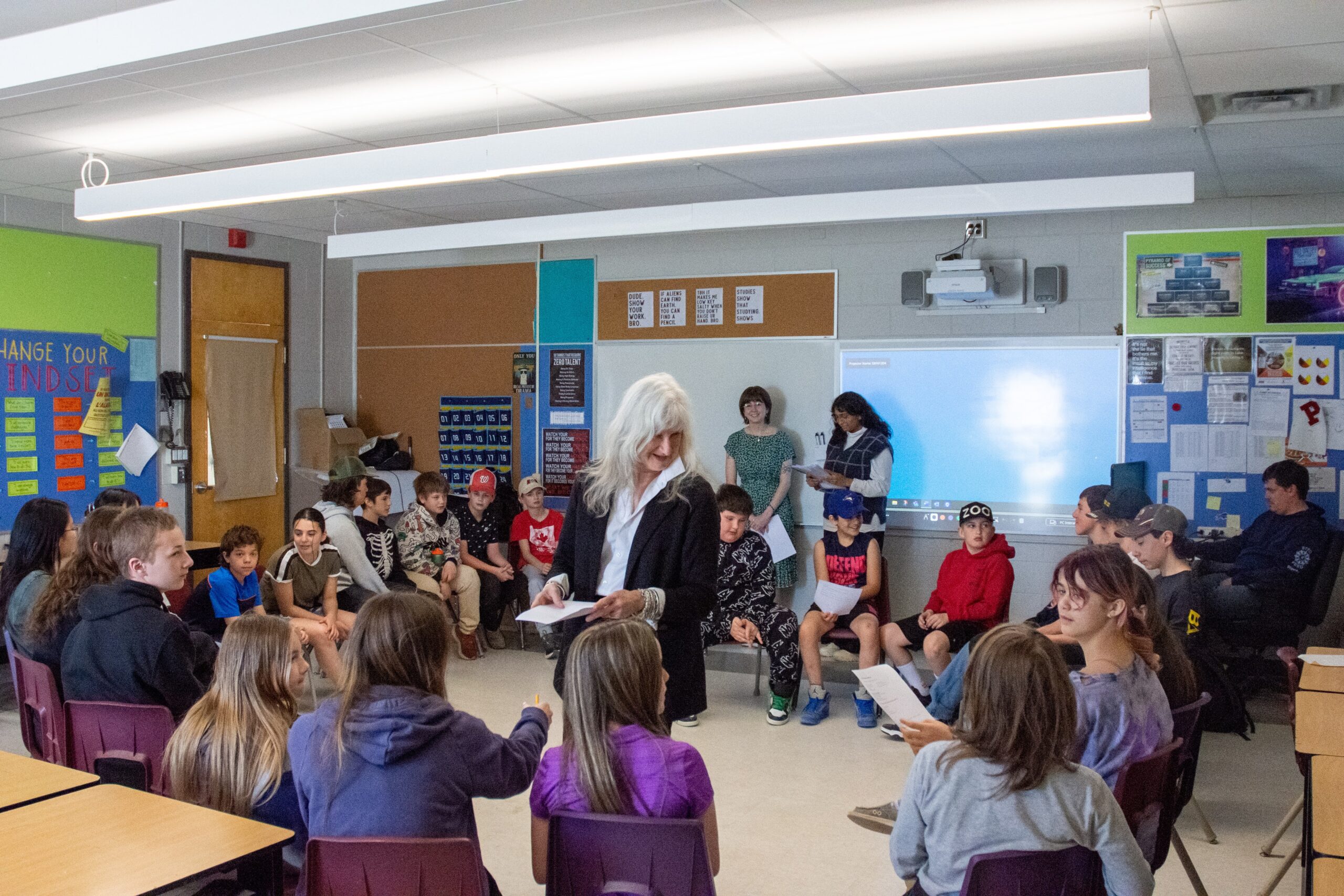
Interested in having a Trinity program in your school?
To purchase all available program manuals and materials go to Trinity Press.
